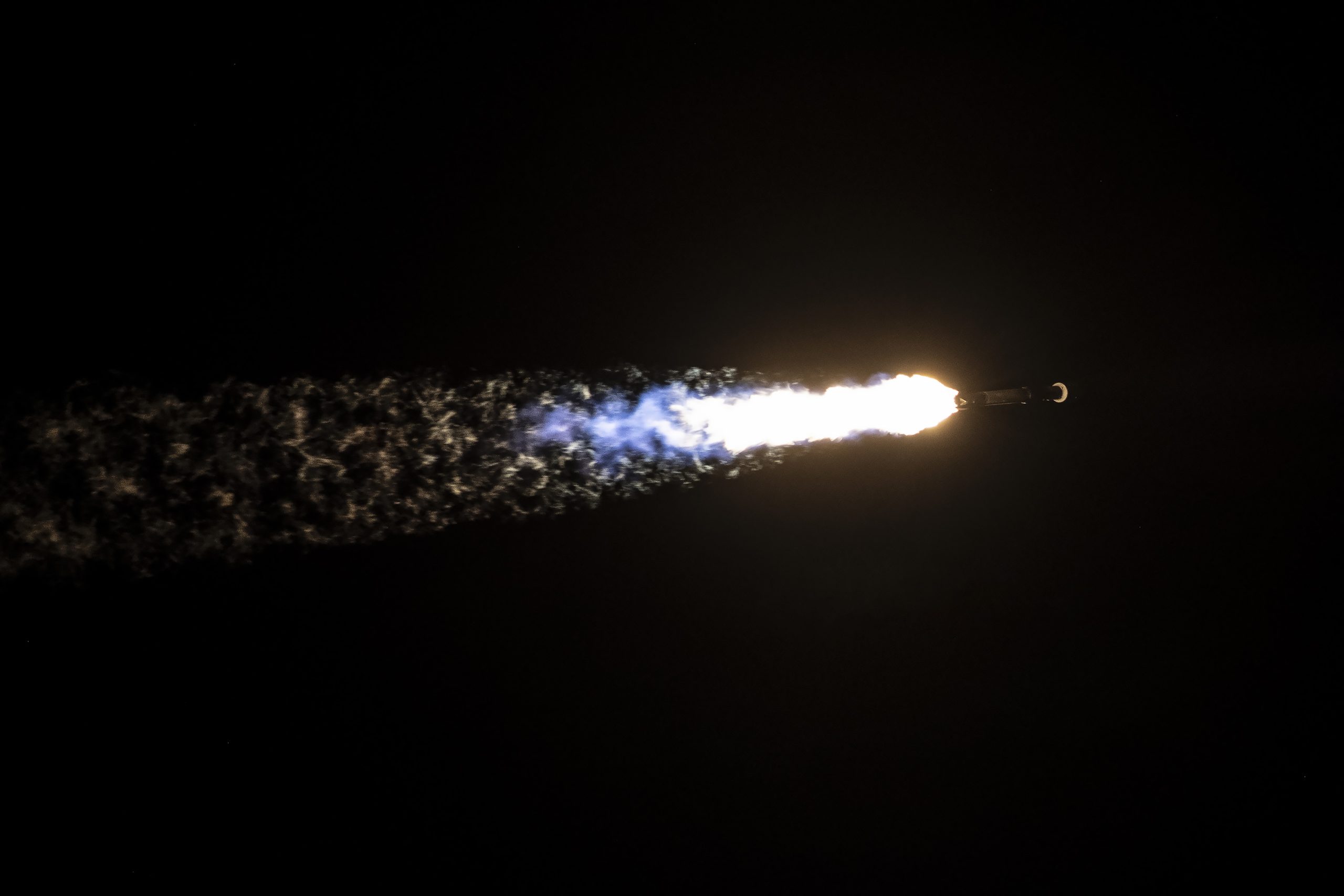- cross-posted to:
- realtesla
- cross-posted to:
- realtesla
SpaceX’s Starlink satellite internet constellation has lost more than two hundred satellites in low Earth orbit (LEO) since July, according to data from a satellite tracking website. This is the first time that Starlink has lost a significant number of satellites in a short time period, and these losses are typically influenced by solar flares that cause changes in orbit and damage or destroy the spacecraft. The nature of the satellites, i.e. their model, is unclear, and if they are the newer Starlink satellites that SpaceX regularly launches, then the firm will have to conduct at least nine Falcon 9 launches to make up for the satellites lost.
Since it is a SpaceX subsidiary, Starlink has rapidly built the world’s largest LEO satellite internet constellation and the world’s largest satellite constellation by rapidly launching them through the Falcon 9 rocket. However, upgrades to the spacecraft and constraints with the Falcon 9 have reduced the number of satellites that the firm can launch, with its latest launches seeing roughly 22 satellites per launch for a nearly one-third reduction over the 60 satellites that SpaceX launched during the early days of the Starlink buildout.
The newer satellites are second-generation spacecraft that SpaceX received the launch authorization from the FCC less than a year back. They are more powerful and are thus larger and heavier than the earlier satellites, which limits the Falcon 9 ability to squeeze large numbers inside a single payload fairing.
Satellites in orbit or space have to face off against various hazards that can damage or put them out of commission. SpaceX faced one such event in February 2022, when a solar flare damaged at least 40 of the recently launched satellites. SpaceX confirmed this and shared that the heat from the solar flare increased atmospheric density and made it impossible for the satellites to maintain their trajectory.



oooh nooo i can’t play cod at pro levels, that’s worth endlessly throwing satellites that struggle to stay up for a year before becoming space junk and requiring us to burn a whole bunch more fuel to keep another load up for barely a year
So, you’ve never had to rely on satellite internet? That was a rhetorical question.
Had a client not far from here, only option was satellite. Couldn’t even get 3G at the time. 950ms+ ping times.
We were trying to hook up a simple RDP system, PC to PC, and I finally had to tell him it wasn’t possible to do anything but FB and email, and that would be miserable. Hell, almost nothing was possible.
So you don’t get speed-of-light delay, and you also don’t get low-altitude orbital decay. You won’t admit it, but you have no idea what you’re talking about it. But you’ll be back to double down on your ignorance! FFS, just stop.